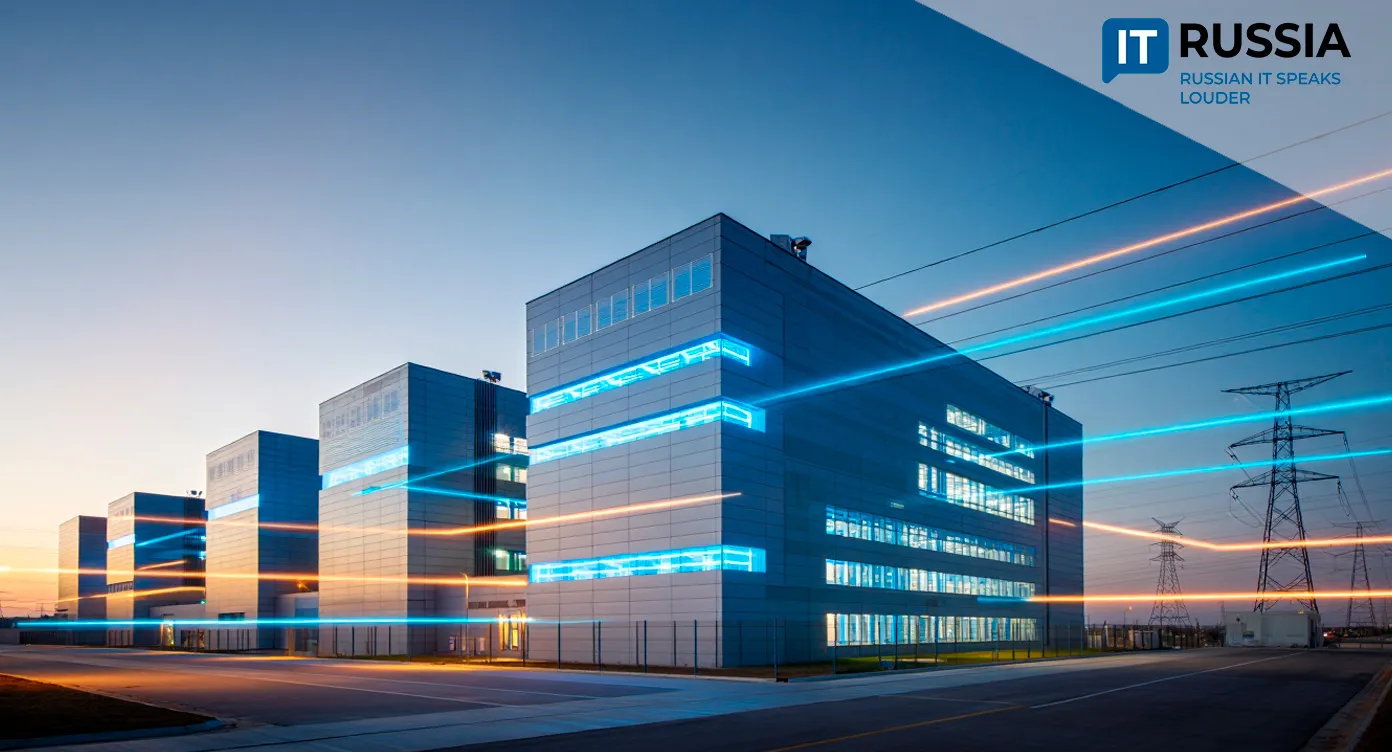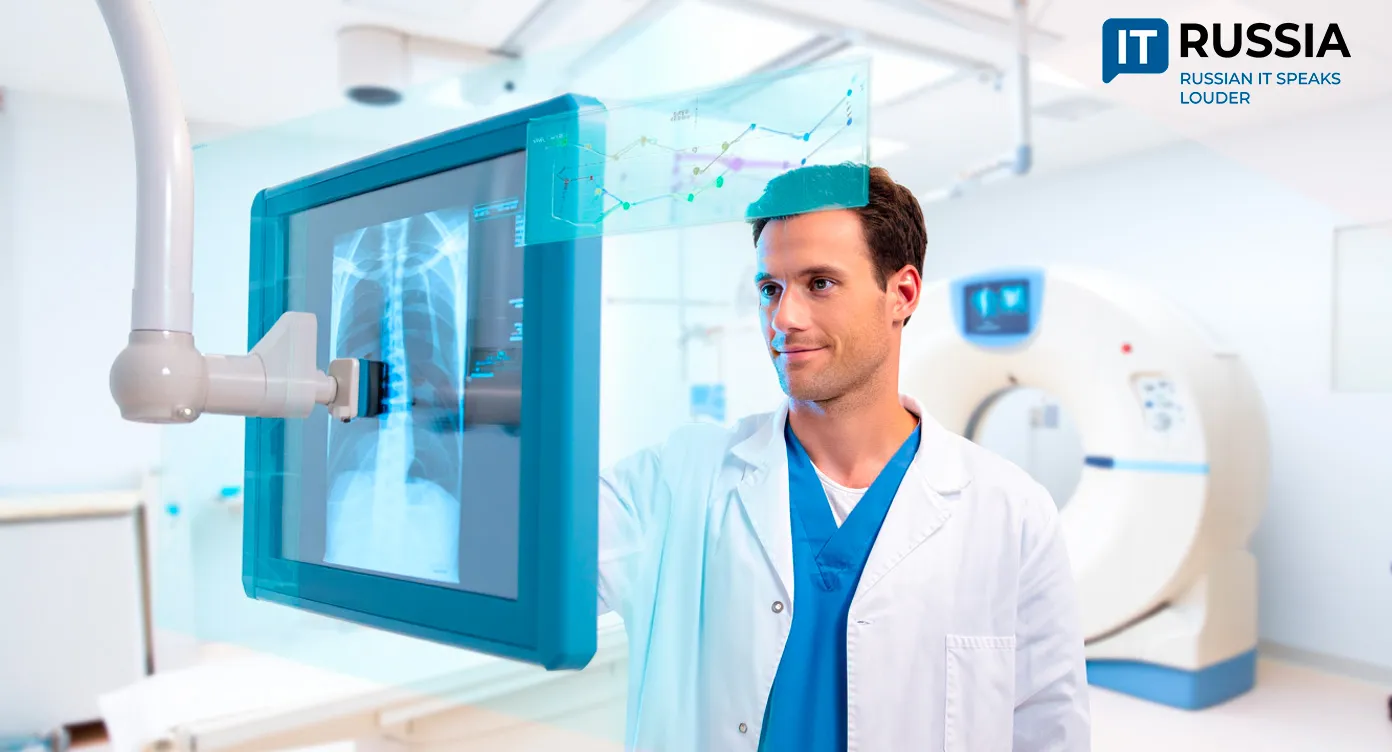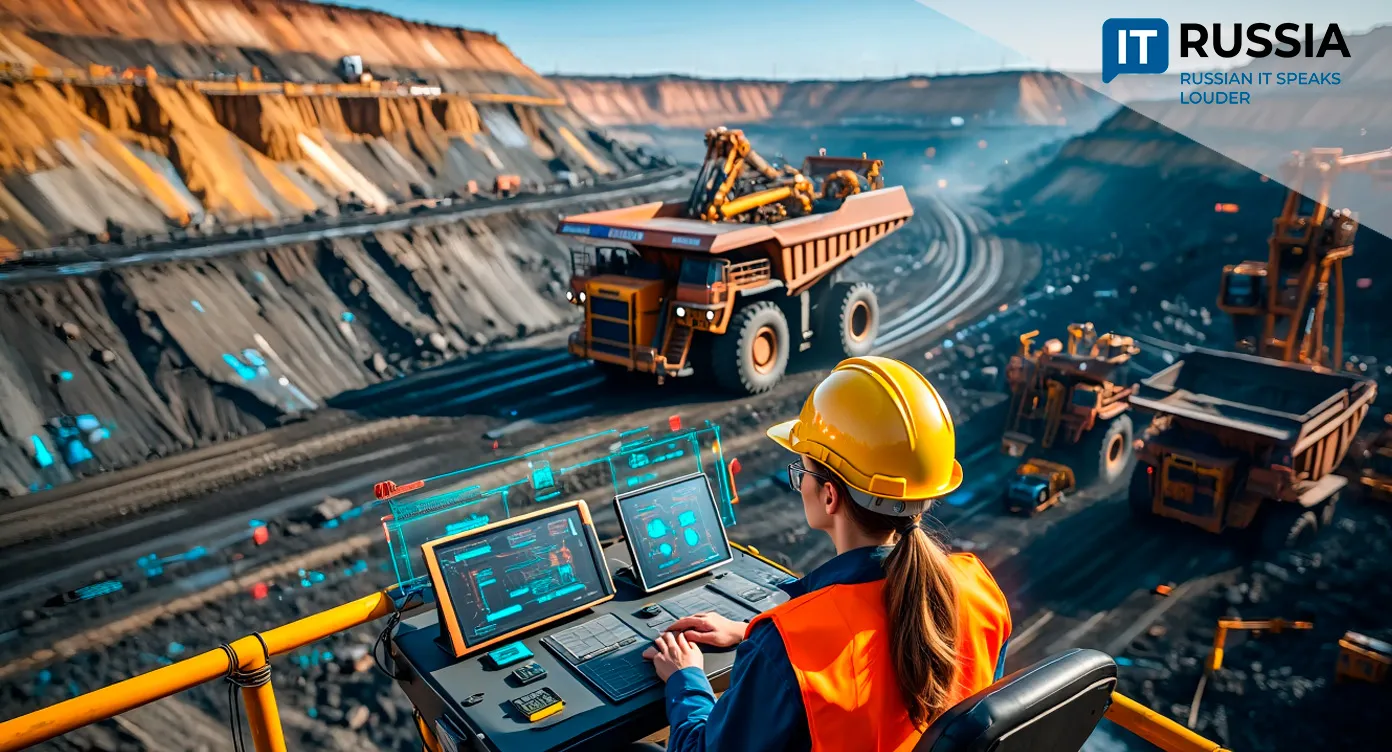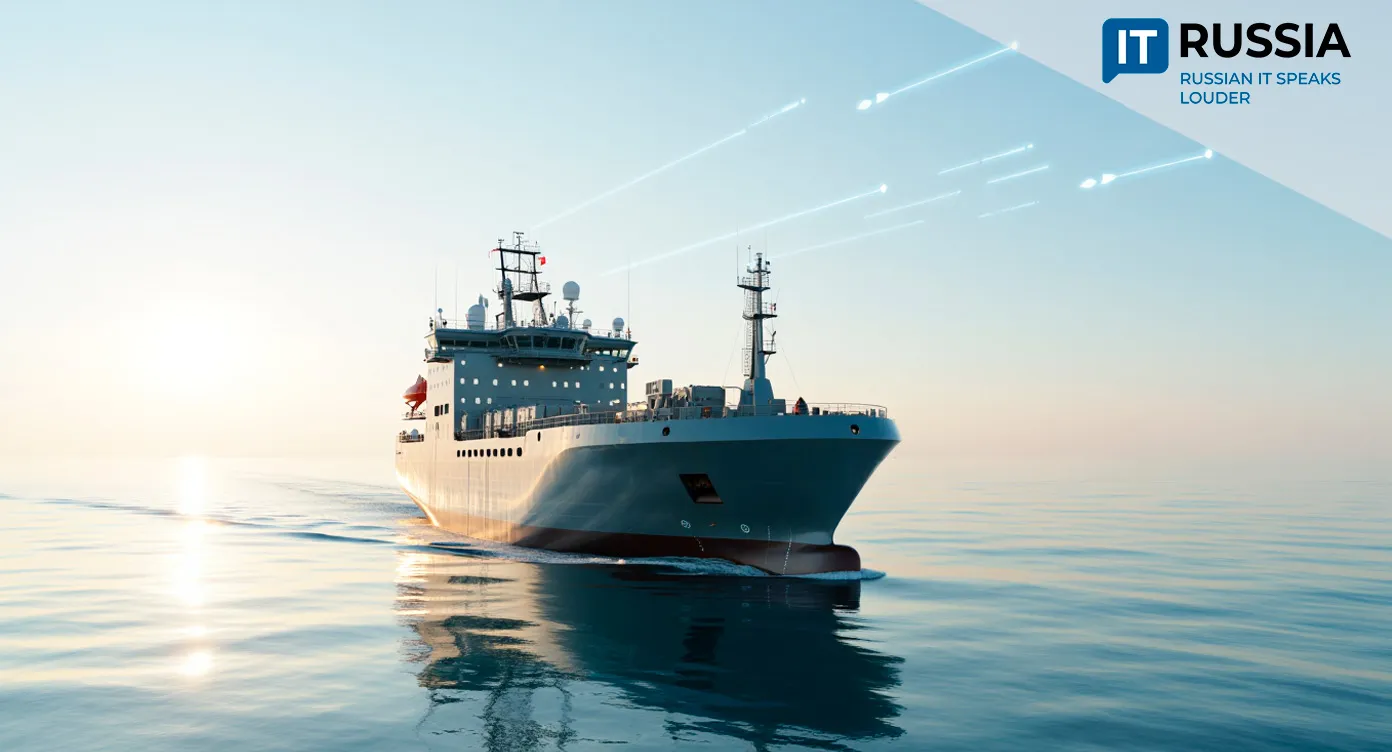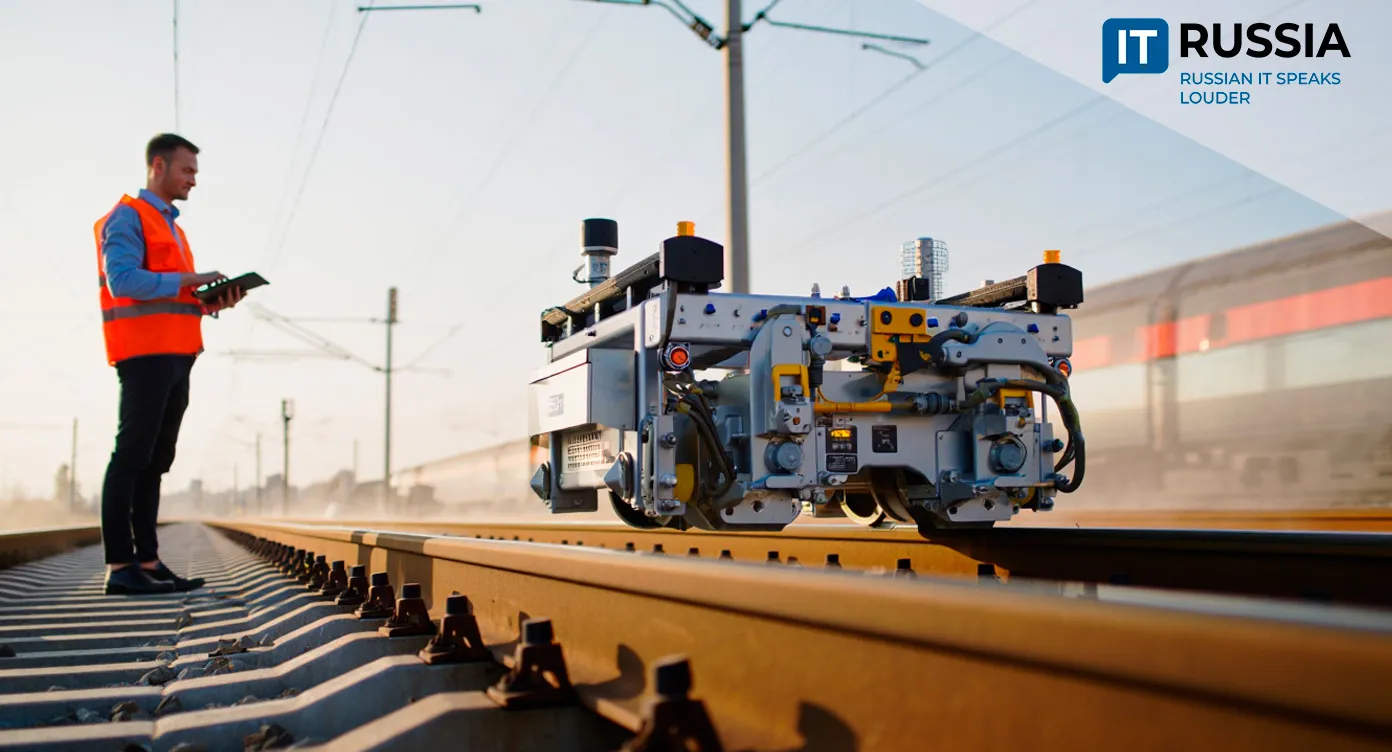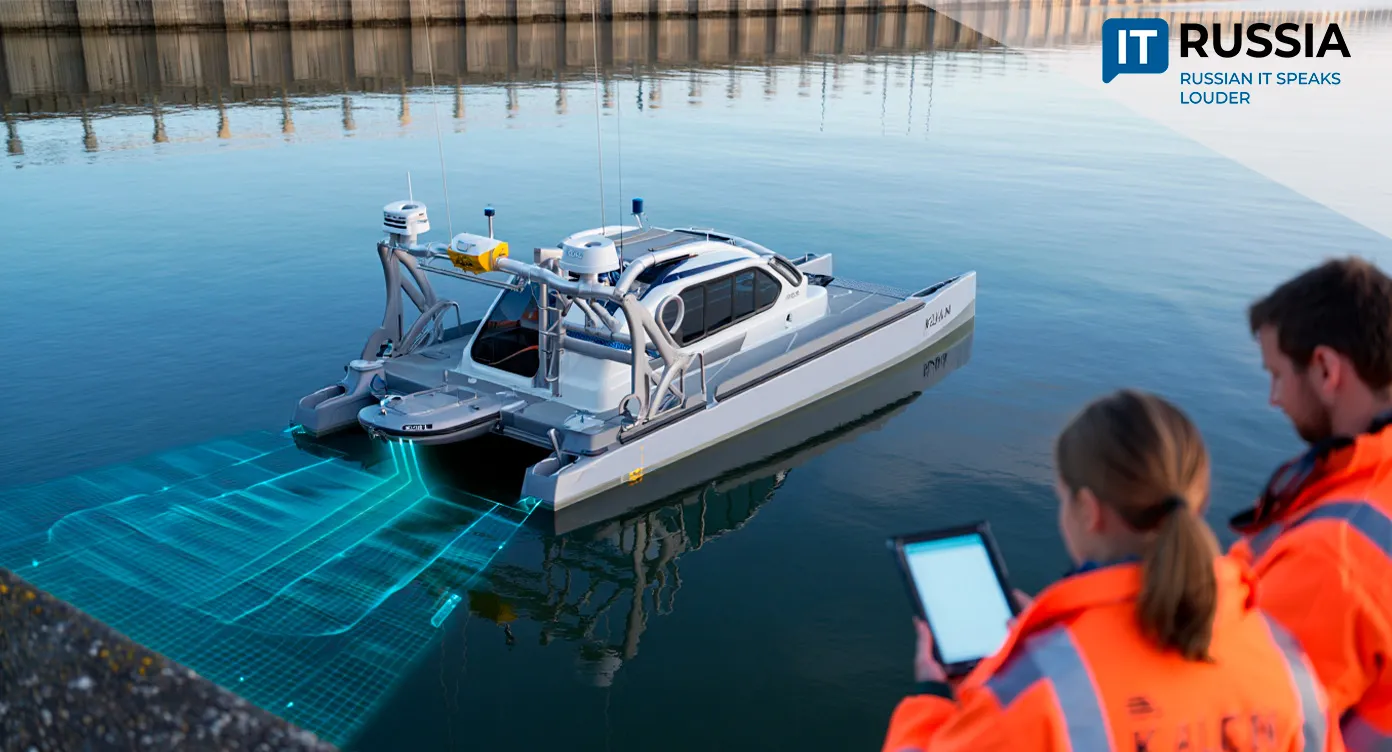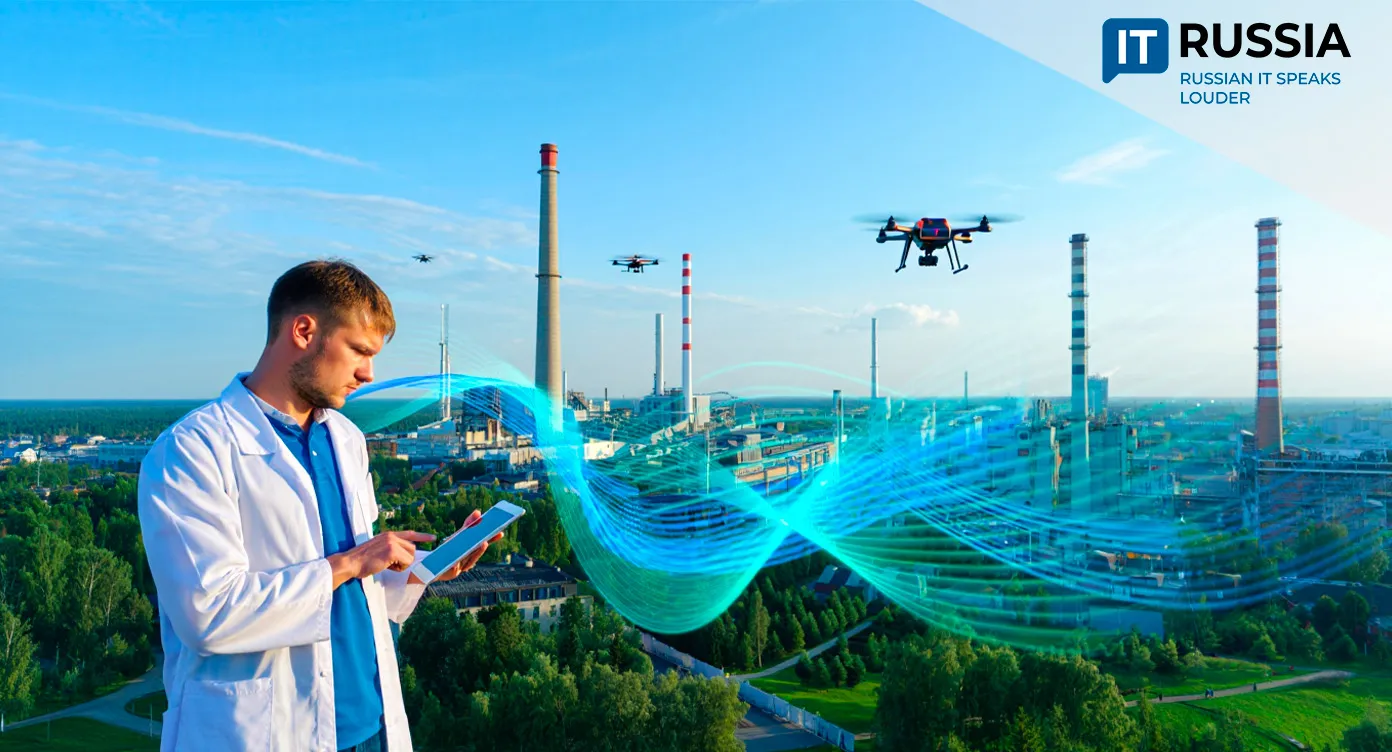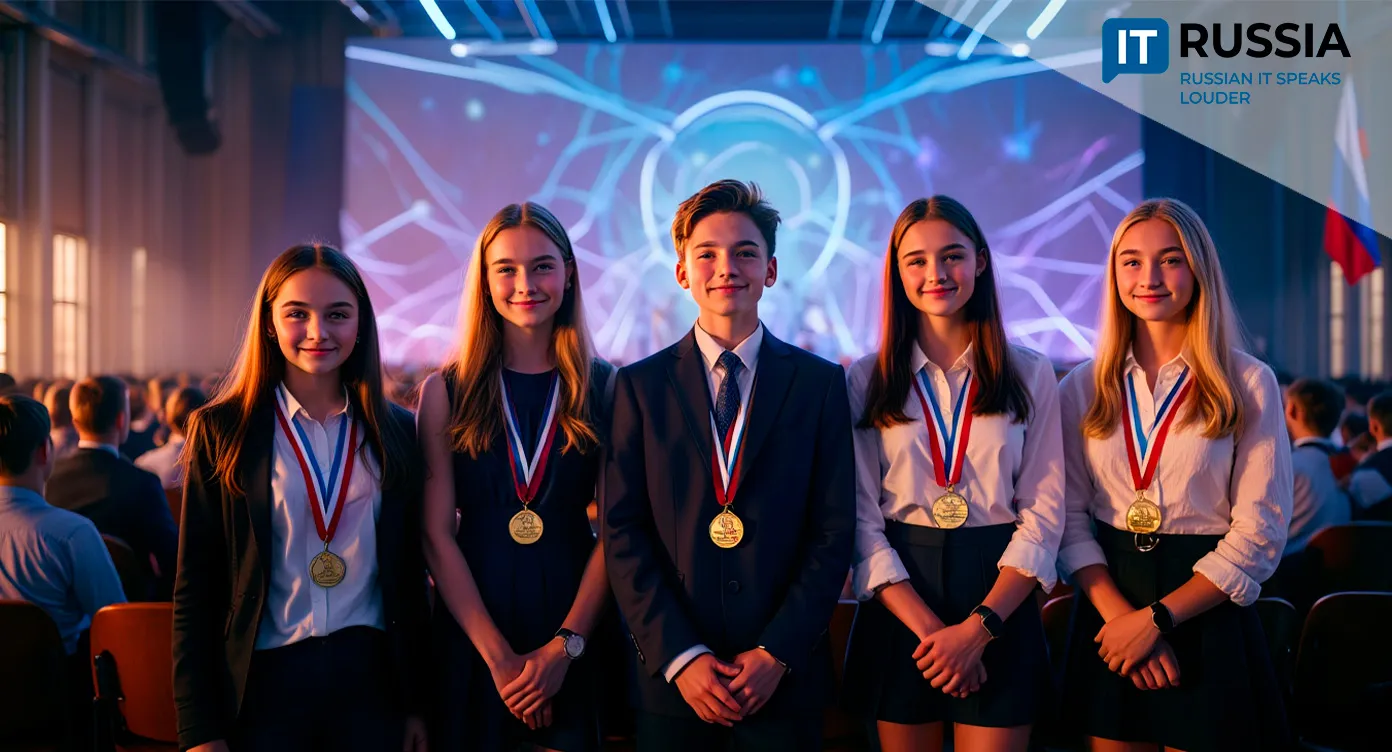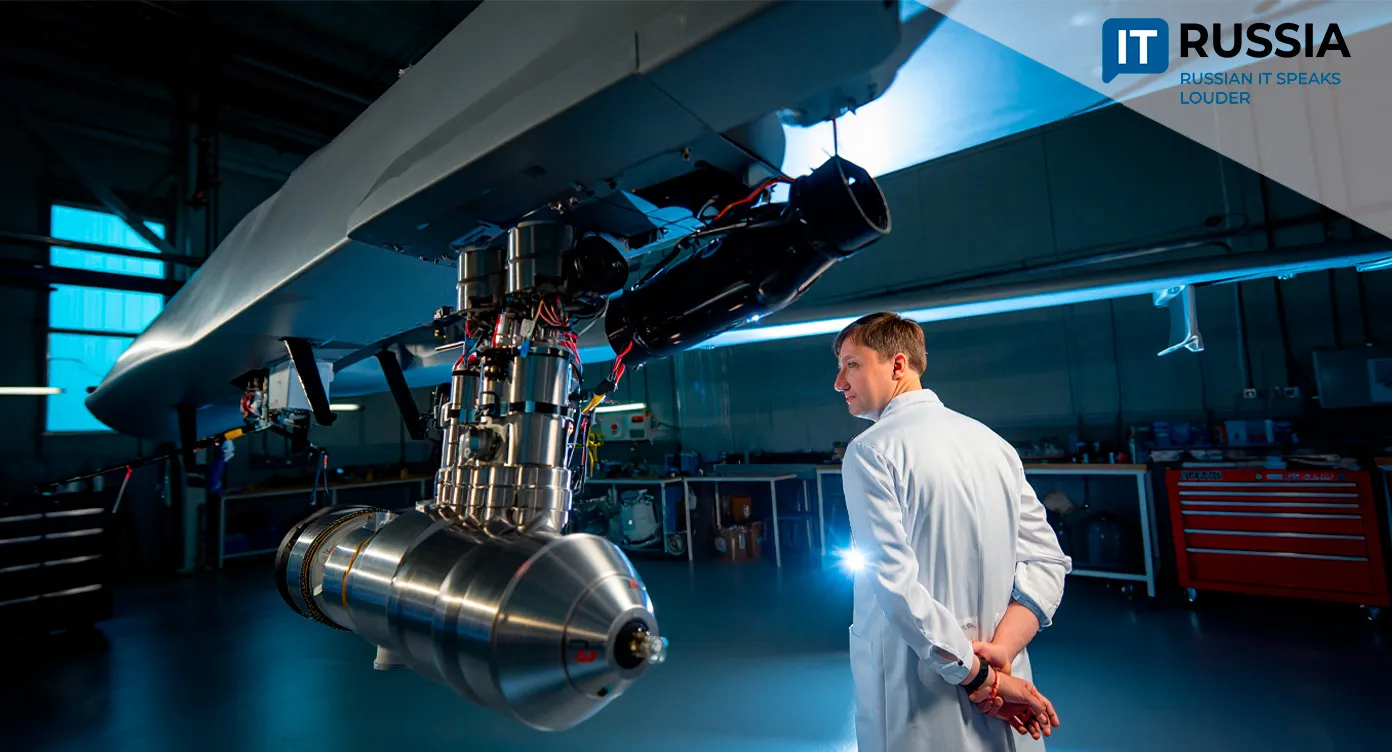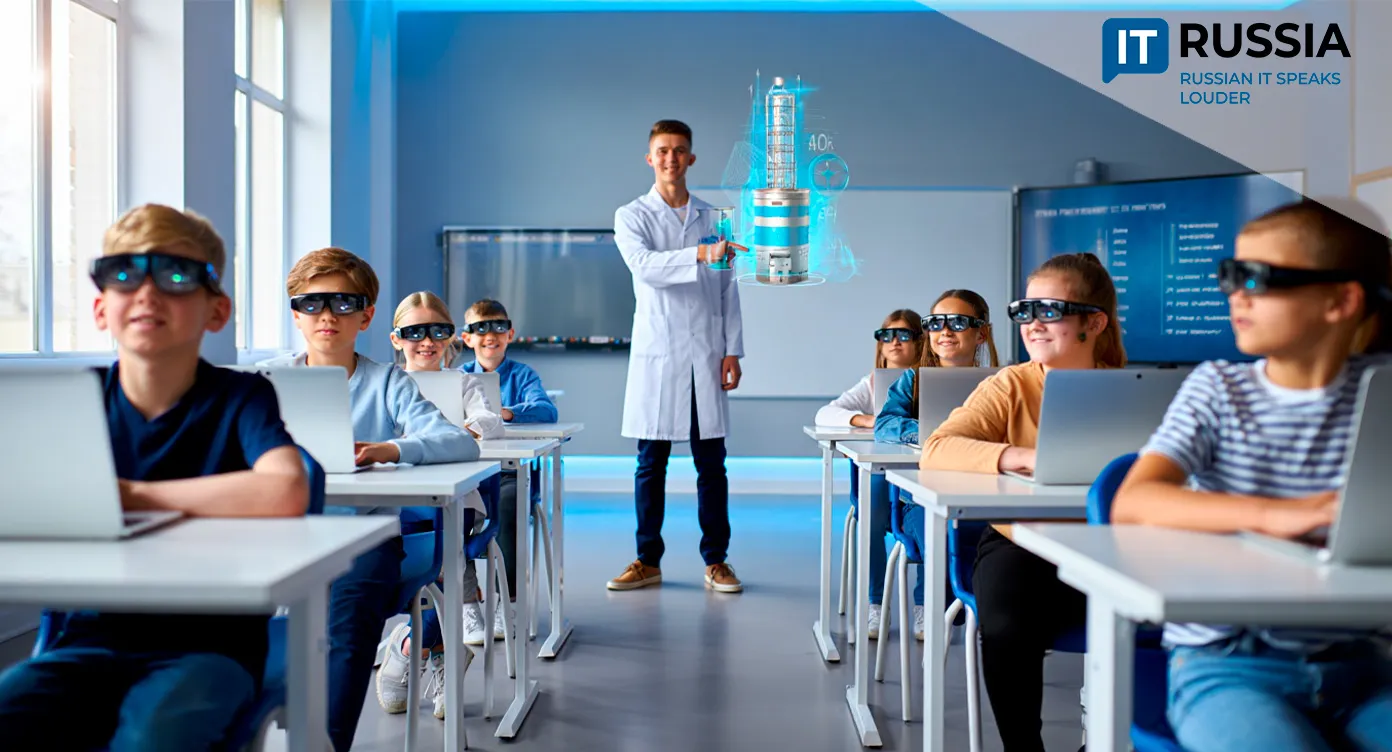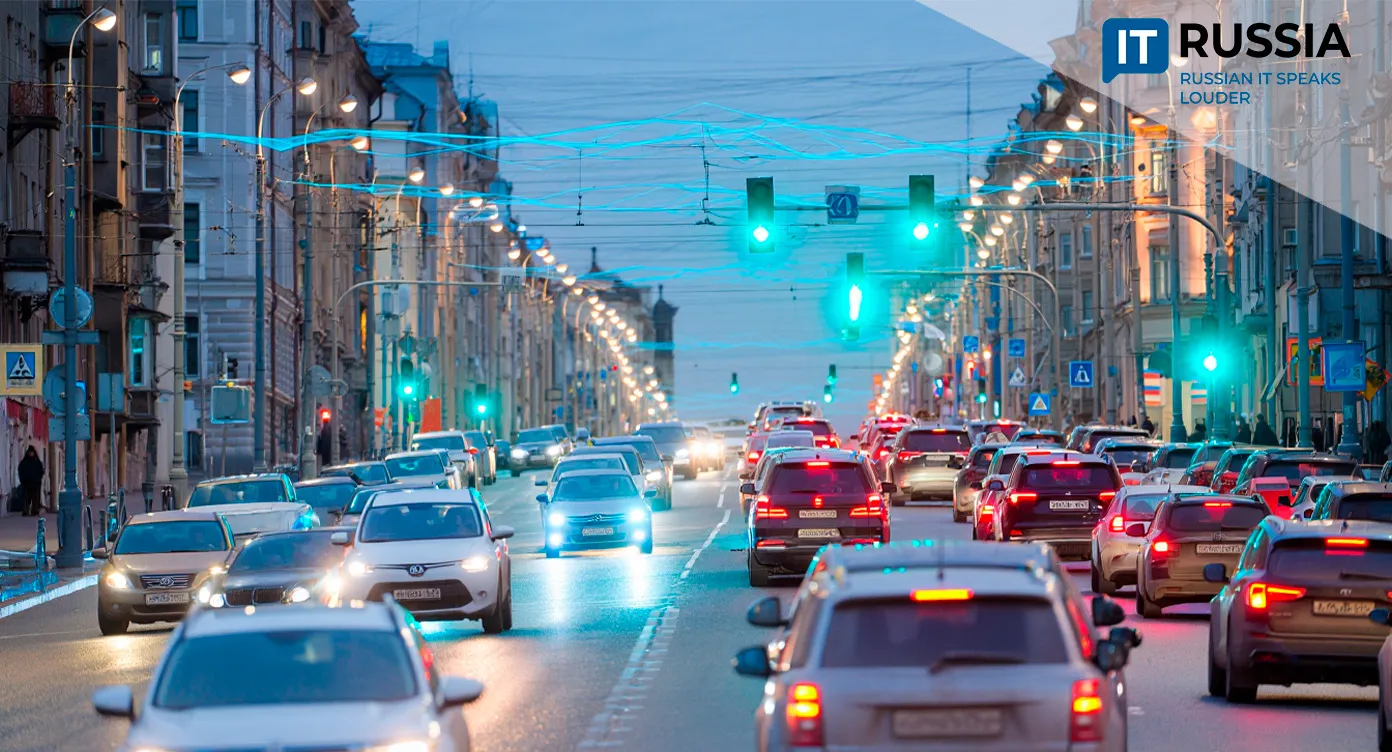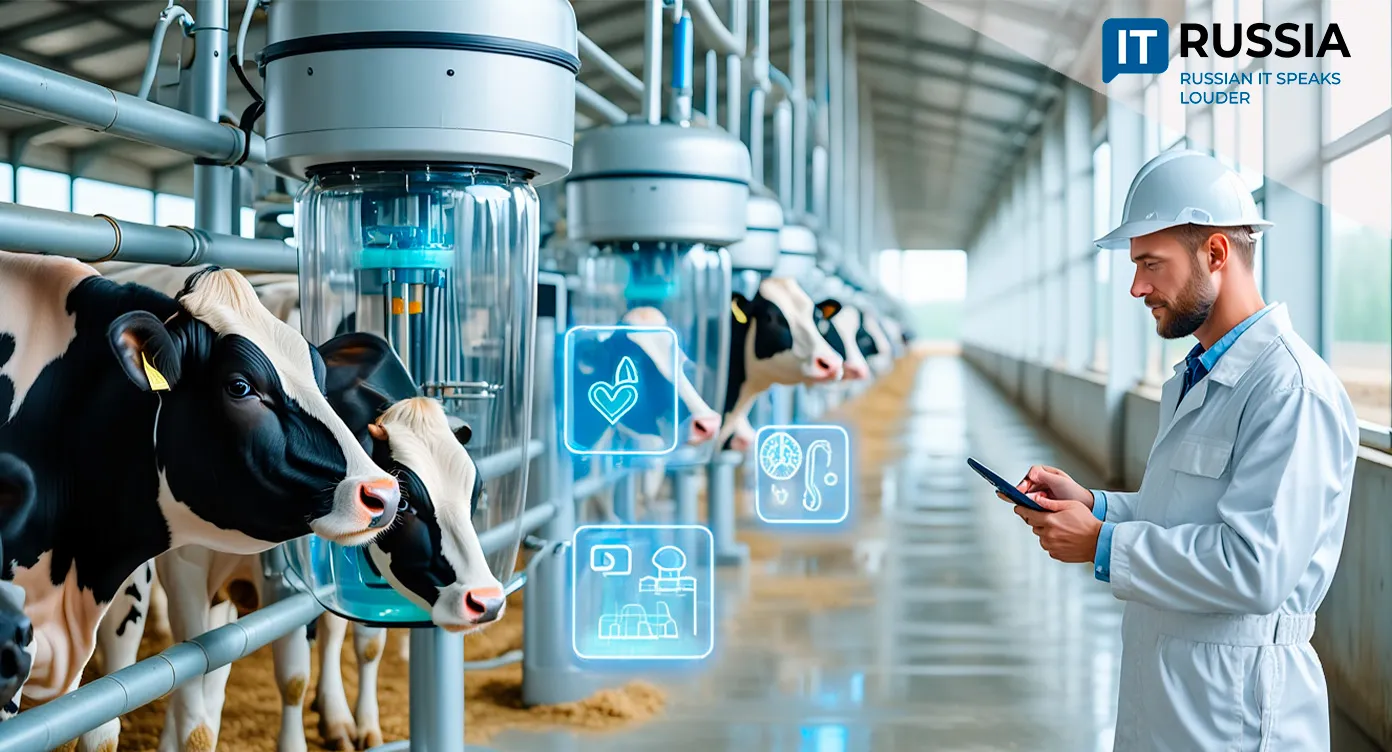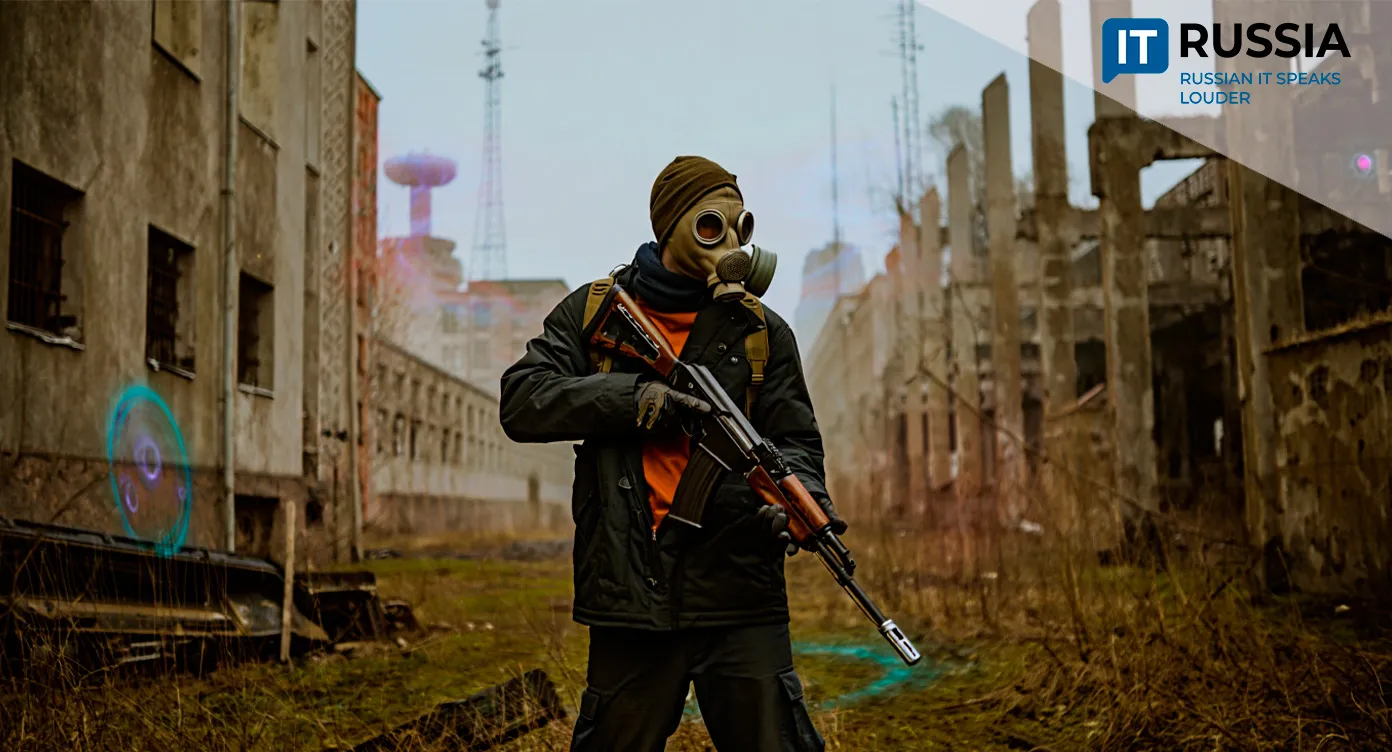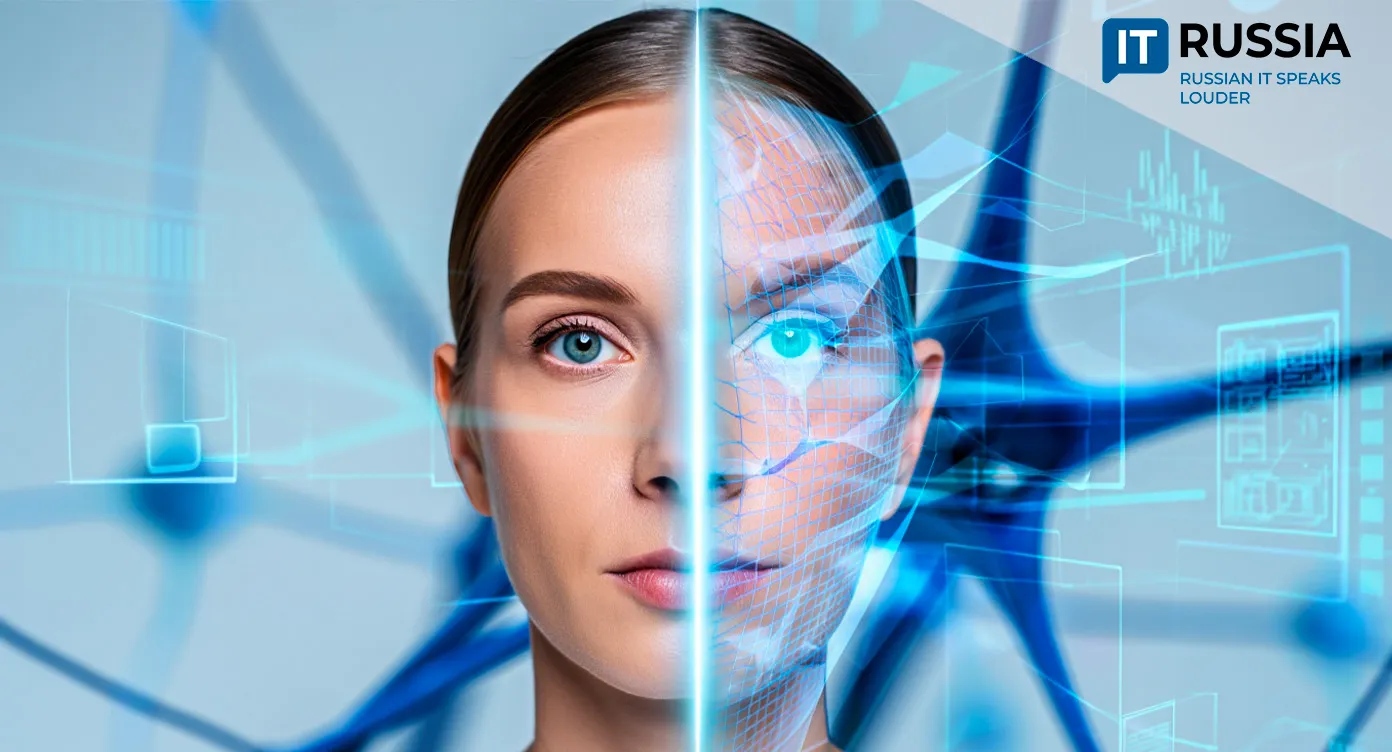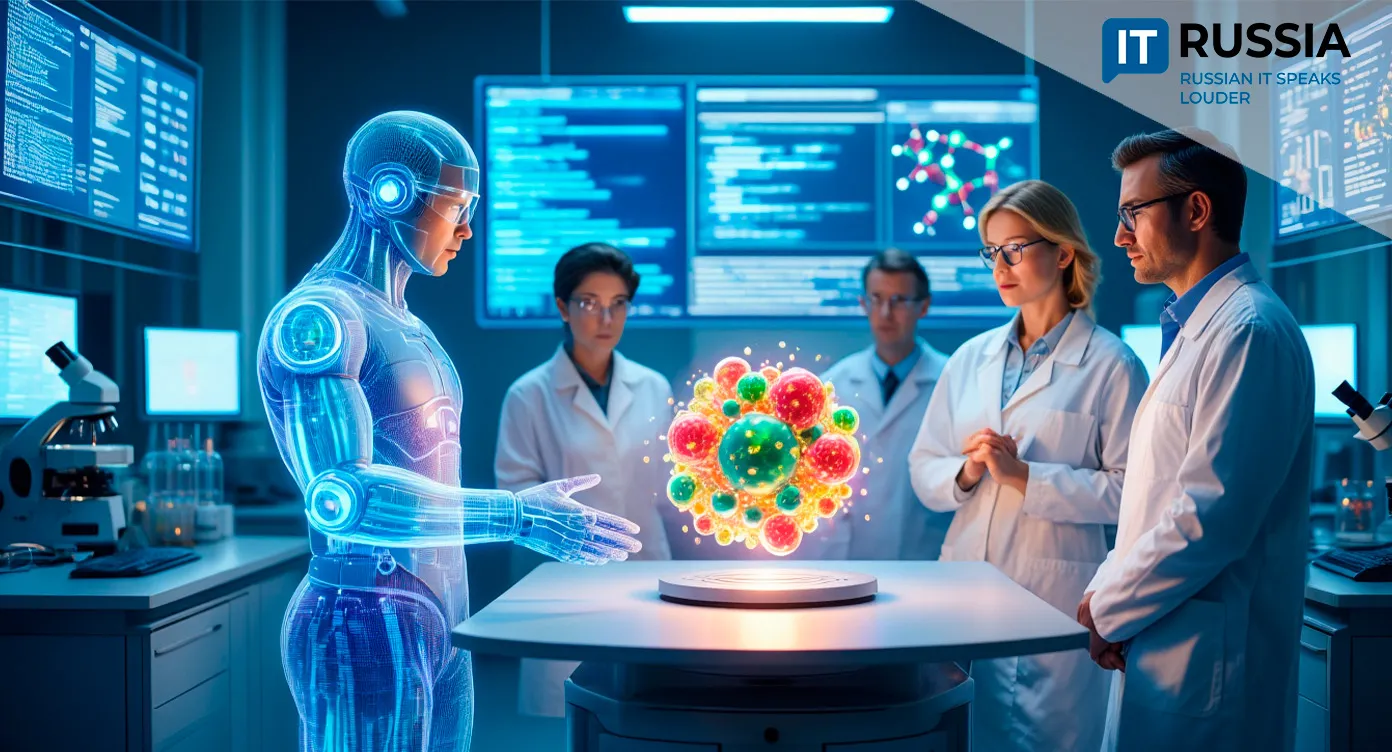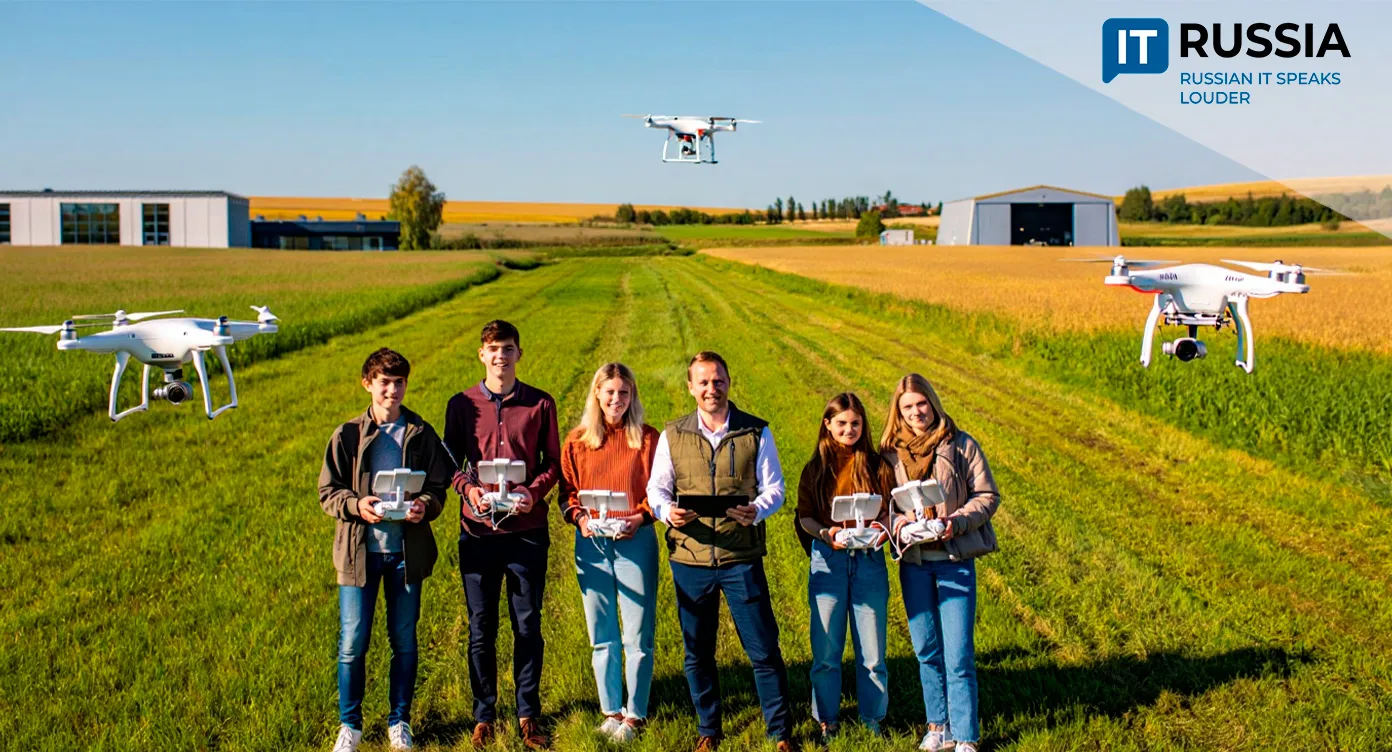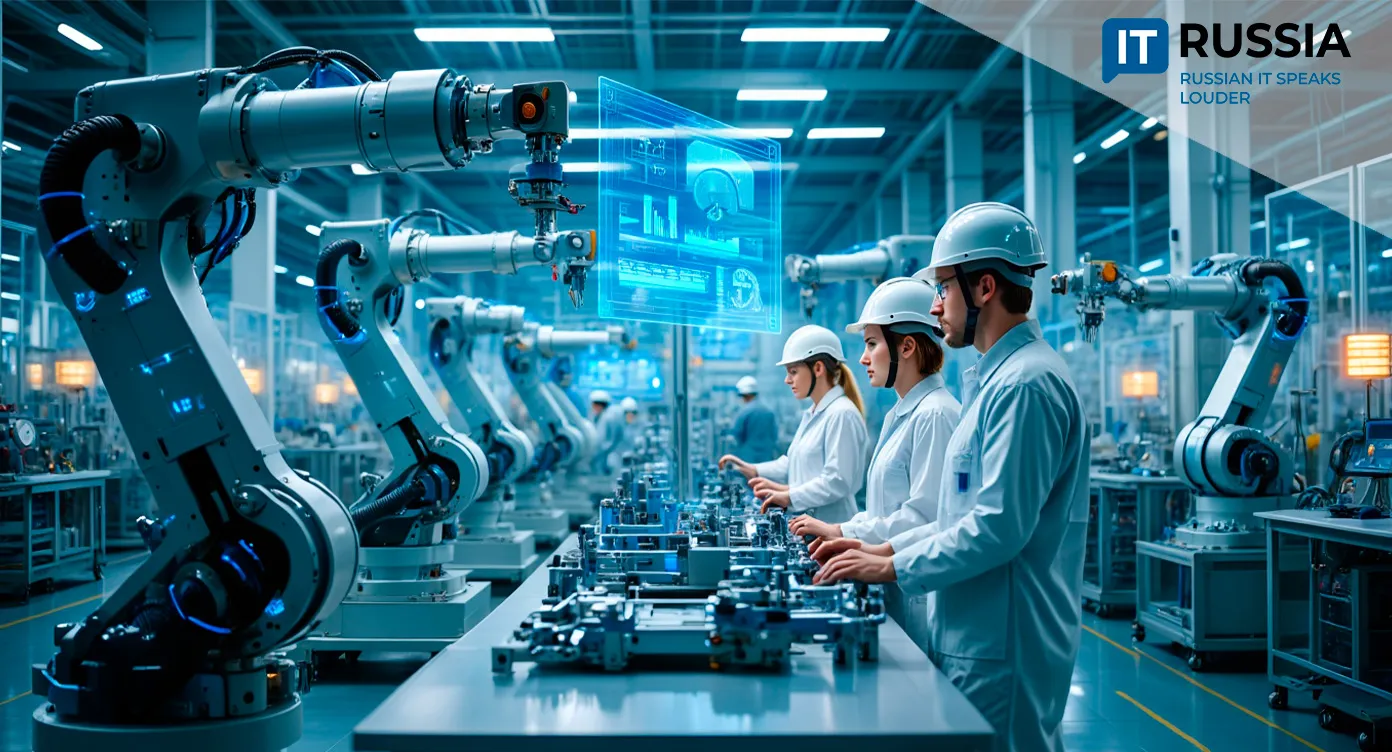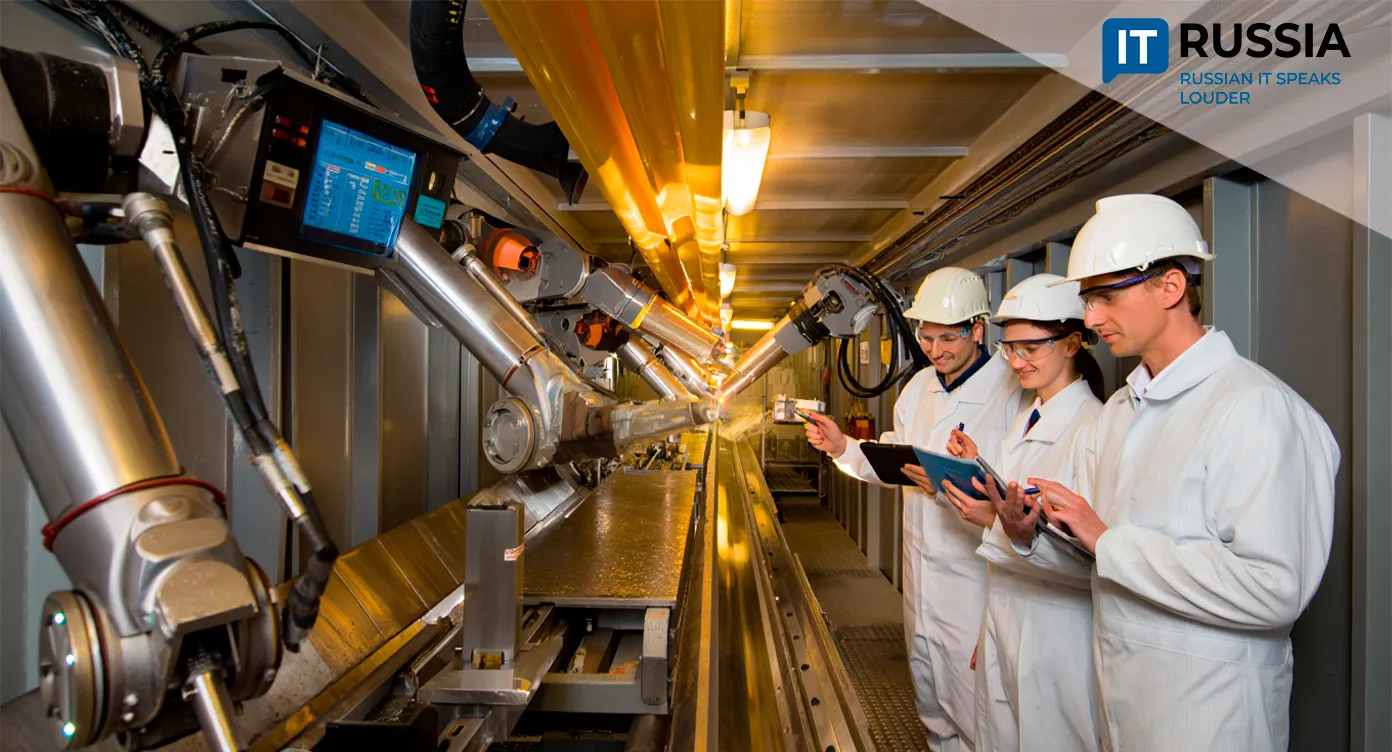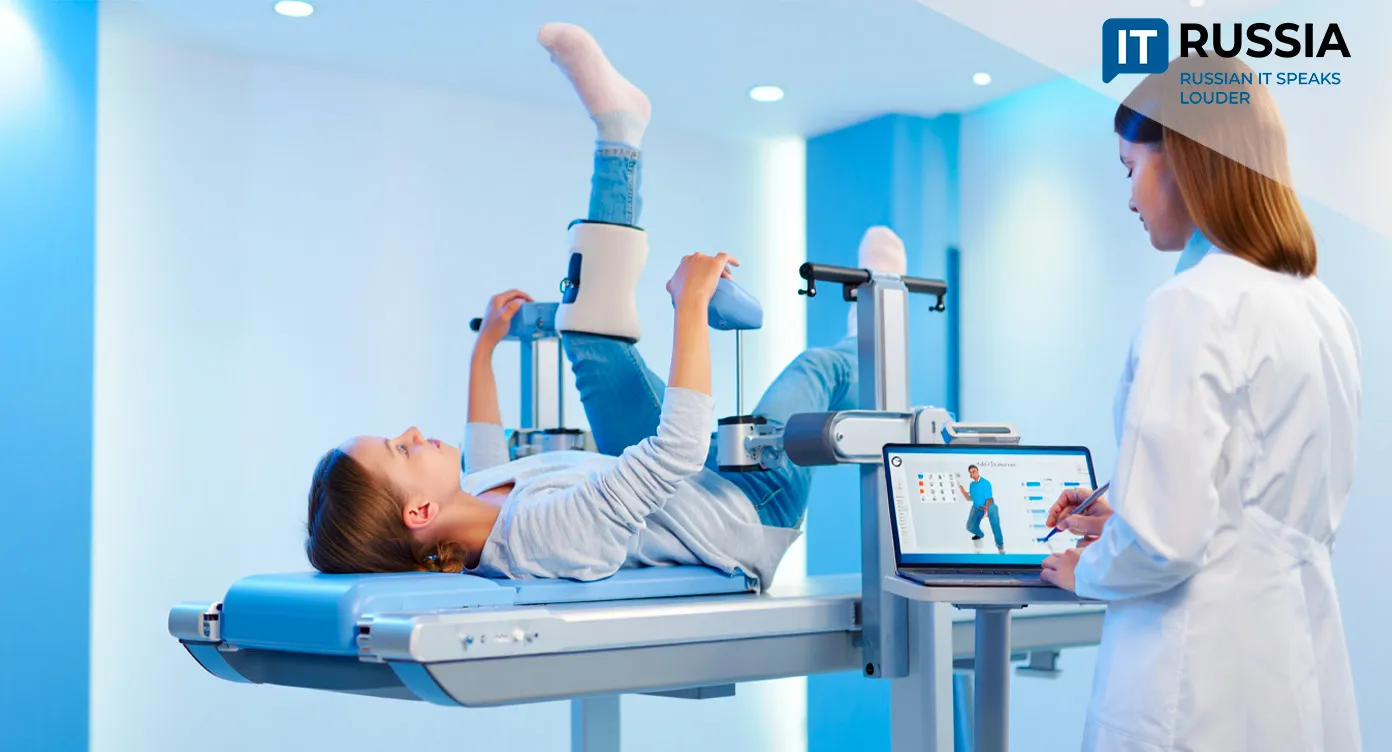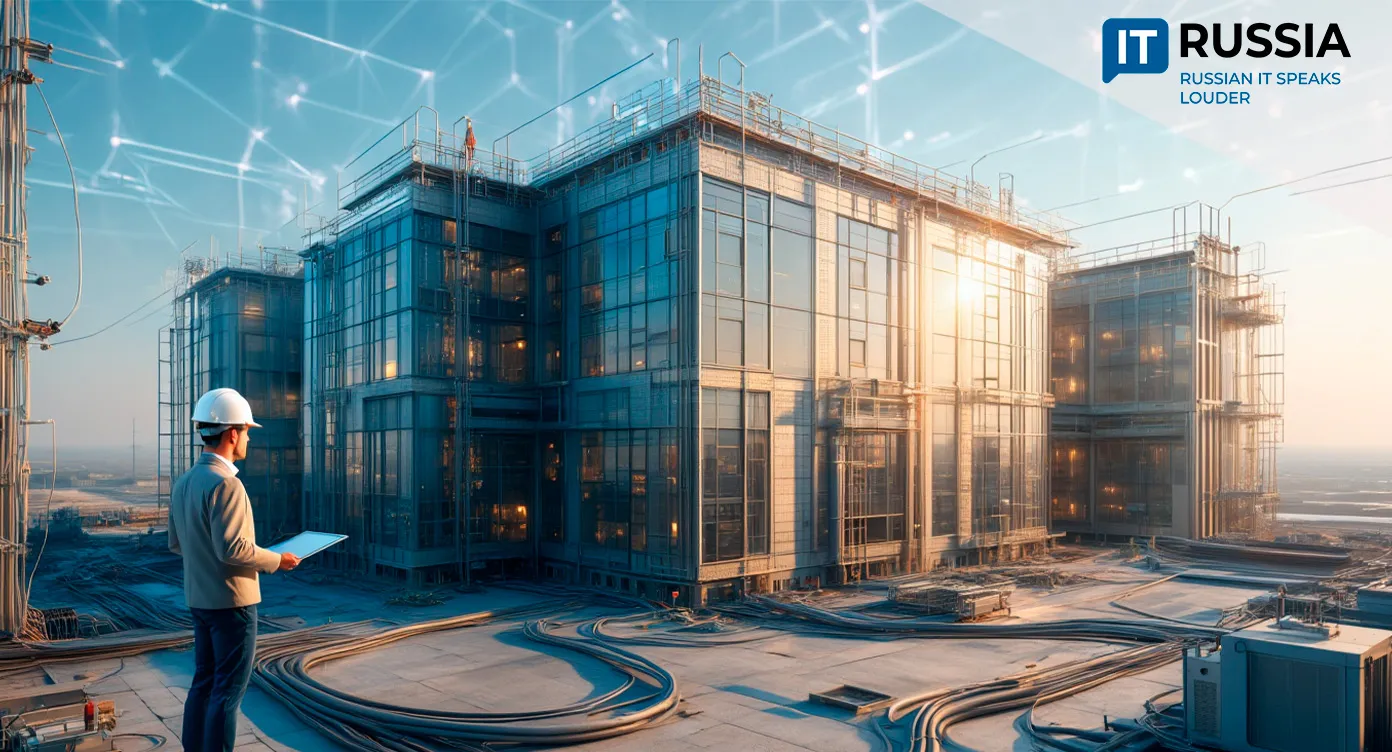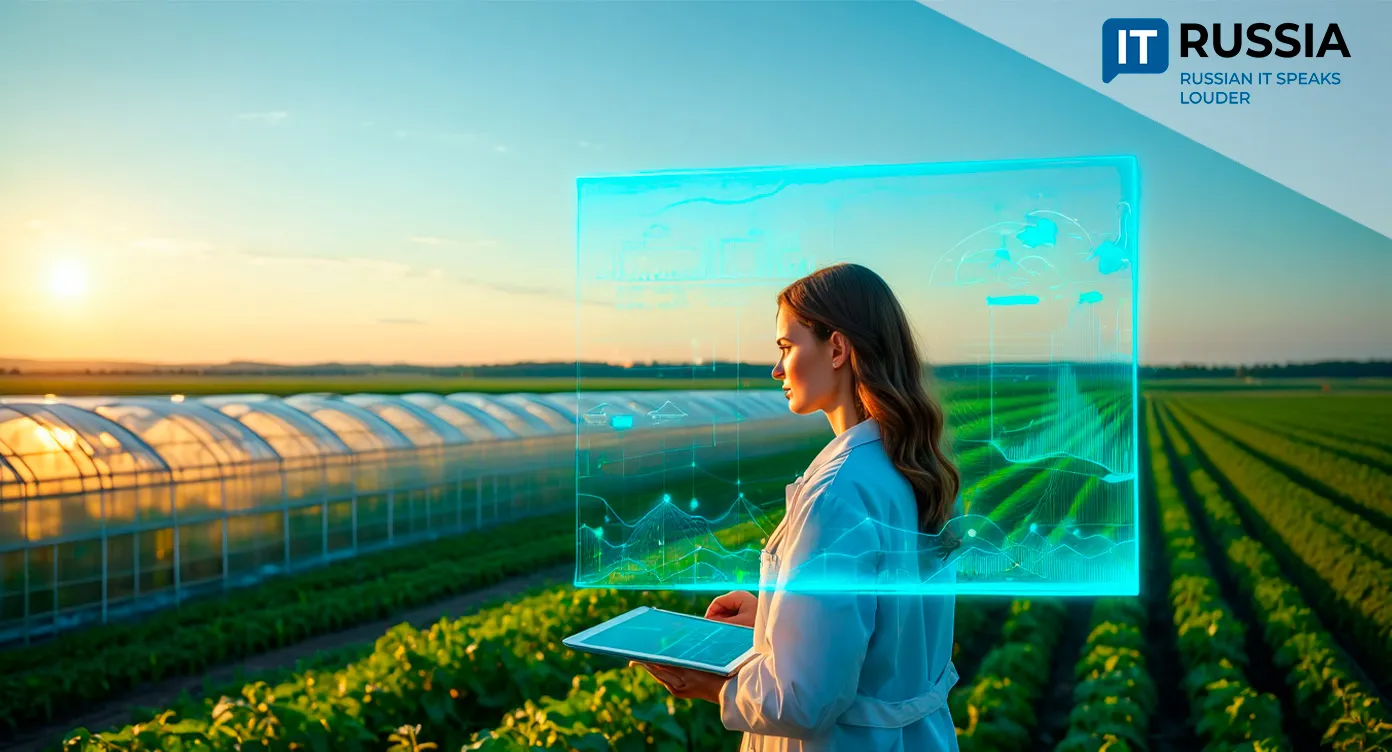Neural Inspection: AI to Oversee Fertilizer Quality in Russia’s Agroindustry
Scientists from Novgorod State University have developed an AI-based system that analyzes and monitors the quality of fertilizers directly on the production line — an innovation that could transform agricultural manufacturing standards across Russia.
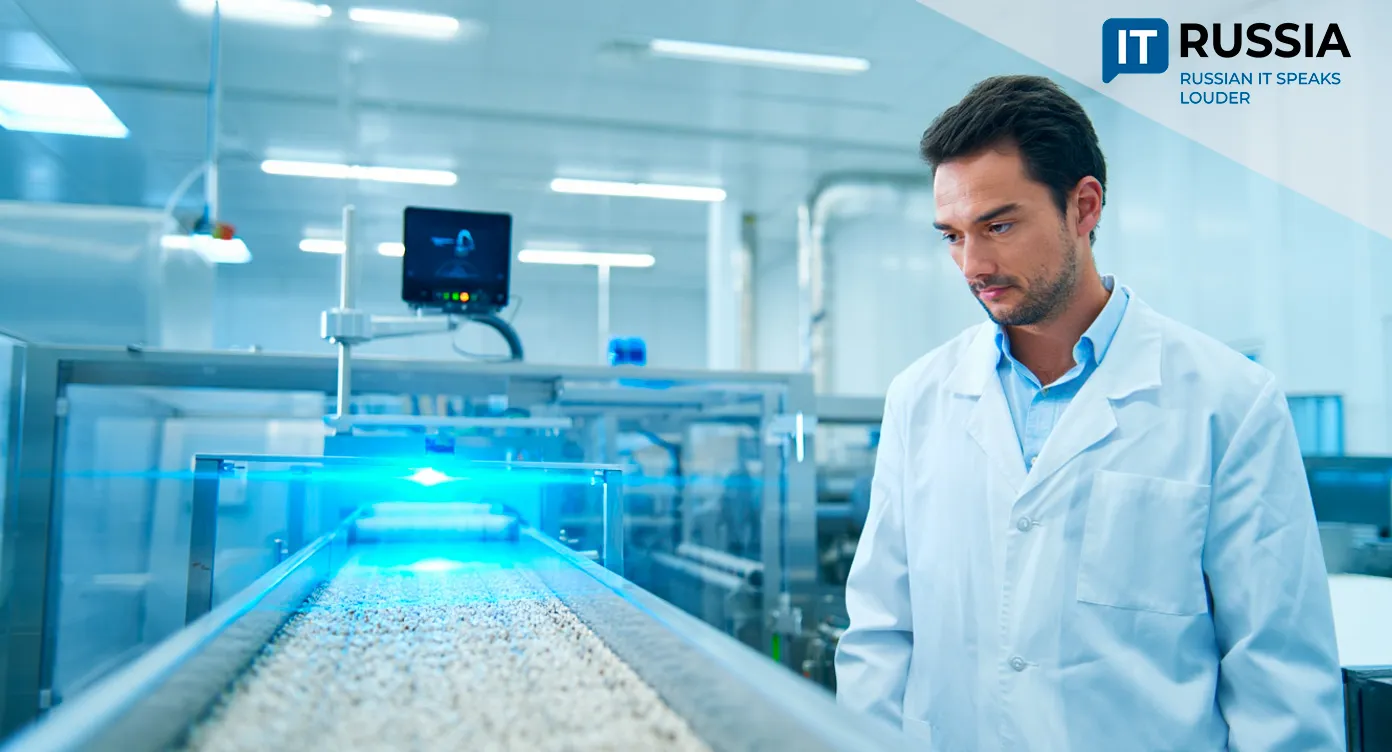
Precision by Design
Fertilizer quality is a crucial component of modern agricultural production, requiring precise adherence to standards. One of the key quality indicators is granule size, which determines how evenly nutrients are distributed in the soil and how efficiently they are absorbed by plants.
Since 2024, the Advanced Engineering School of Novgorod State University (NovSU) has been working with Acron, one of Russia’s leading fertilizer producers, to create an intelligent system that automatically analyzes granule size in real time. According to Vladislav Rysev, the project’s author and a master’s student at NovSU, manual analysis was too time-consuming — technicians had to test samples every three hours, stopping production for up to five hours if results fell below standards.
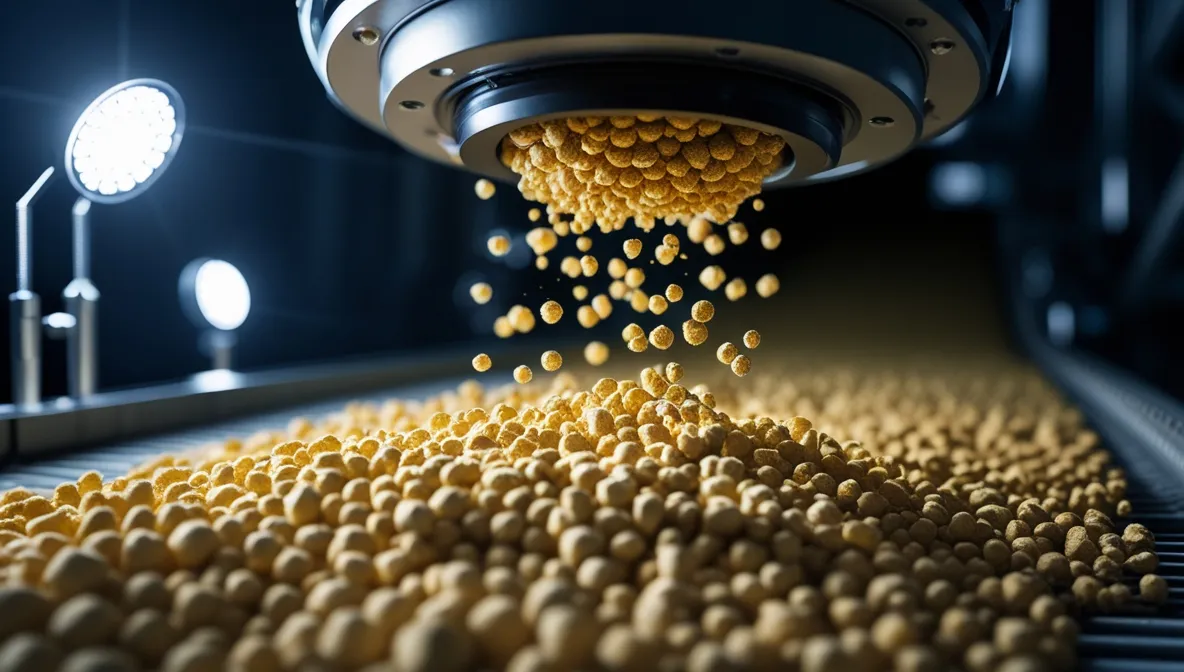
The new system integrates artificial intelligence and digital imaging to monitor granule dimensions continuously during production, enabling real-time quality control without human intervention.
Seeing the Unseen
The system relies on neural network algorithms and digital vision. Traditional image-processing methods — such as Roberts, Sobel, LoG, and Canny operators — failed to detect small, uniformly colored granules. “The problem was that the granules appeared as a white blur in images,” Rysev explained.
Using a neural network trained in digital vision, the AI identifies the contours and sizes of granules on a moving conveyor in real time. Each granule is compared against a reference model, and any deviations trigger adjustments in production parameters. This ensures a consistent product and minimizes waste.
The main advantage of the system is its ability to operate continuously and with high accuracy — eliminating the need for human inspection.
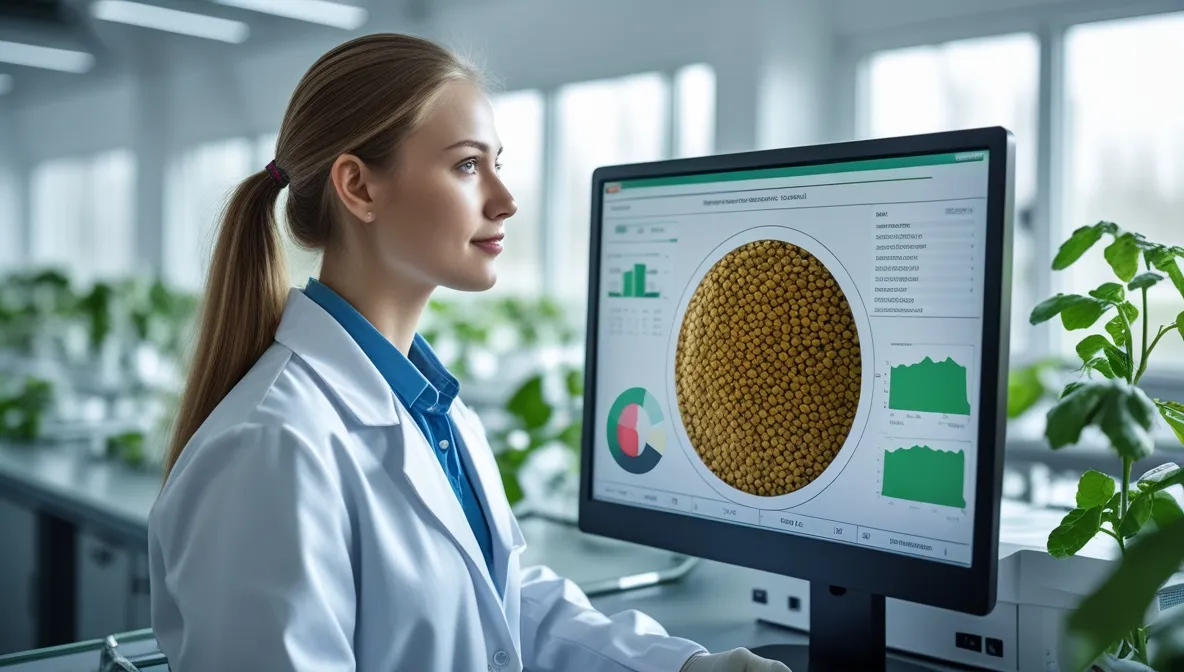
Self-Learning and Scalability
The AI system is self-learning, meaning it improves over time by analyzing its own data. It can adapt to new materials without manual reconfiguration, making it versatile for use across industries. “While similar systems exist abroad, they require manual tuning for each production facility. In the end, many companies find it cheaper and safer to develop their own devices rather than buy costly foreign solutions,” Rysev noted.
NovSU’s development is designed to be universal — capable of analyzing small fertilizer granules, grain, or even mineral rocks and circular parts. Once deployed, the system will become a powerful digital quality control tool for industrial enterprises, creating a new benchmark in automation for Russia’s agro-industrial sector.
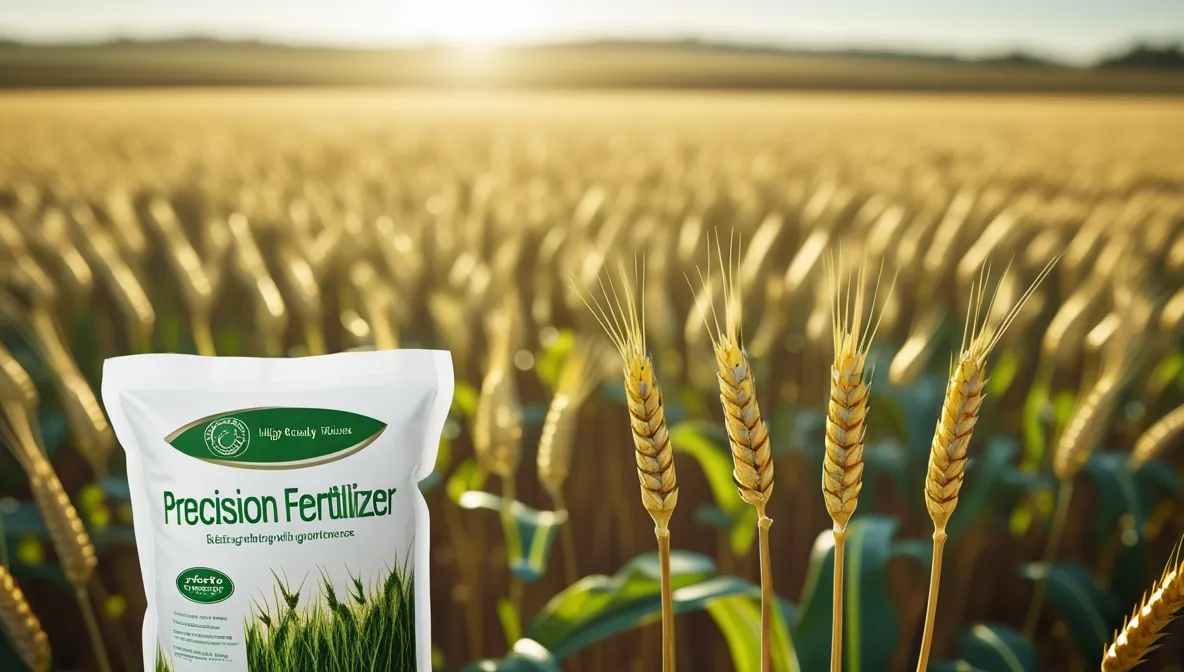
Beyond agriculture, the technology has export potential, especially for developing countries with expanding industrial and agricultural production. Supported by Russia’s Ministry of Science and Higher Education under the Decade of Science and Technology program, the project reinforces the country’s position in applied AI and smart manufacturing.



